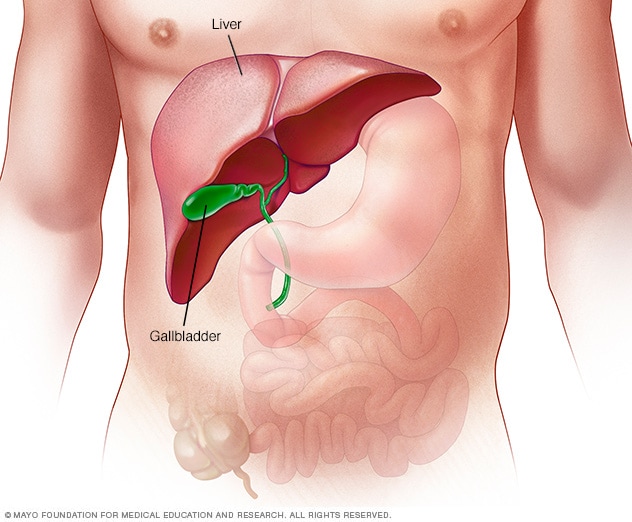Liver Cancer
Liver cancer, also known as hepatocellular carcinoma (HCC), is a type of cancer that starts in the liver cells. The liver is a vital organ responsible for numerous functions, including detoxification, nutrient storage, and bile production. Liver cancer can be primary, meaning it originates in the liver, or secondary (metastatic), where cancer from other parts of the body spreads to the liver. Here are key points about liver cancer:

- Risk Factors:
- Chronic viral hepatitis: Chronic infection with hepatitis B virus (HBV) or hepatitis C virus (HCV) significantly increases the risk of liver cancer.
- Cirrhosis: Long-term liver damage and scarring, often caused by chronic alcohol abuse, viral hepatitis, or nonalcoholic fatty liver disease (NAFLD).
- Alcohol consumption: Excessive and chronic alcohol consumption is a risk factor for liver cancer.
- Nonalcoholic fatty liver disease (NAFLD): Obesity, diabetes, and metabolic syndrome contribute to the development of NAFLD, which may progress to liver cancer.
- Family history: Having a family history of liver cancer may increase the risk.
- Aflatoxin exposure: Consumption of foods contaminated with aflatoxin, a naturally occurring toxin produced by certain molds, is a risk factor, especially in certain regions with dietary habits leading to aflatoxin exposure.
- Signs and Symptoms:
- Early-stage liver cancer may not cause noticeable symptoms.
- As the cancer progresses, symptoms may include unexplained weight loss, abdominal pain or discomfort, swelling in the abdomen, jaundice (yellowing of the skin and eyes), and fatigue.
- Diagnosis:
- Diagnosis involves imaging studies such as ultrasound, CT scans, or MRI to visualize the liver and identify tumors.
- Blood tests, including alpha-fetoprotein (AFP), may be performed to assess liver function and detect markers associated with liver cancer.
- A liver biopsy may be necessary to confirm the diagnosis and determine the type and stage of the cancer.
- Staging:
- Staging helps determine the extent of the cancer and guides treatment decisions. Stages range from I (early stage) to IV (advanced stage).
- Treatment Options:
- Surgery: Surgical removal of the tumor or a portion of the liver may be an option for localized cancer.
- Liver transplant: In some cases, a liver transplant may be recommended, especially for individuals with advanced liver disease.
- Ablation therapy: Using techniques such as radiofrequency ablation to destroy cancerous tissue.
- Chemoembolization: Delivering chemotherapy drugs directly to the liver.
- Targeted therapy and immunotherapy: Medications that target specific molecules involved in cancer growth or stimulate the immune system to fight cancer.
- Systemic chemotherapy: Using drugs to kill cancer cells or stop their growth.
- Survival Rates:
- Prognosis varies based on the stage at diagnosis, the type of liver cancer, and the overall health of the individual.
- Liver cancer is often diagnosed at an advanced stage, which can impact survival rates.
- Prevention:
- Vaccination against hepatitis B can reduce the risk of liver cancer.
- Regular screening and monitoring for individuals with chronic liver conditions, such as cirrhosis, can aid in early detection.
- Lifestyle modifications, such as limiting alcohol consumption and maintaining a healthy weight, may reduce the risk of liver cancer.





